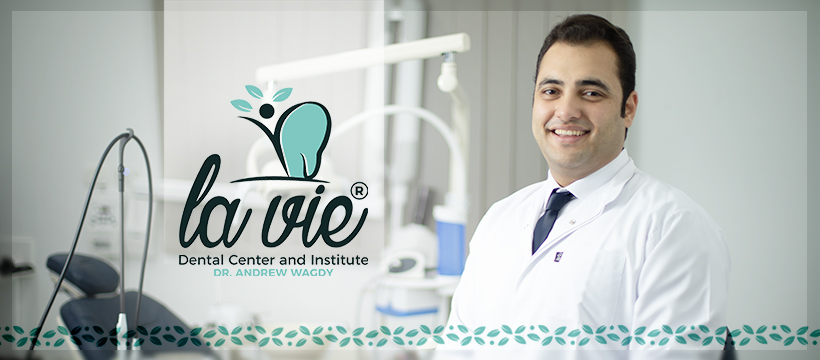
The food you eat daily has a direct impact on your oral health, whether you feel it or not. Sugars, in particular, are the number one enemy of teeth. When you eat something sweet, the bacteria in the plaque (the deposits on your teeth) turn the sugars into acids, which then attack the enamel and cause cavities.
That's why reducing your intake of sweets, soda, and acidic juices is not only good for your overall health but also very important for protecting your teeth. In contrast, fiber-rich fruits and vegetables, dairy products, and fluoride-containing water—all of these factors strengthen and protect your teeth.
The signs don't always appear right away. In most cases, poor nutrition shows up in the long run, either in the form of cavities, gum inflammation, or even weakened enamel. If you start noticing visible decay or frequent inflammation, it's time to think about your eating habits.
The solution? It's simple, but it requires commitment. Follow a balanced diet, reduce sugar intake, and drink enough water. Also, use fluoride toothpaste regularly.
If you visit the dentist because of cavities or enamel erosion, they won't just treat it—they'll also ask about your diet. They may apply topical fluoride or use sealants (cavity preventatives) on children's molars to protect them.
Before you visit the dentist, try recording everything you eat for two or three days. This will help you discuss your eating habits openly and understand how you can improve them for your teeth's health.


